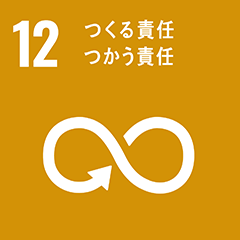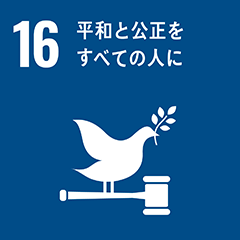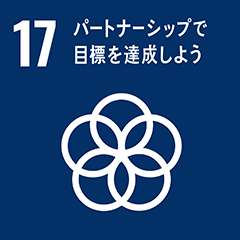Inochi Declaration
Build a society where children, young people, and every individual are respected as irreplaceable members of society and can find both a place and a role to belong.
The Japan Philanthropic Association engages in the planning, management, and coordination of corporate and employee social contribution activities.
For example, the Association has been involved in planning and managing volunteer activities for juveniles in detention centers. Some of these centers house youths who have repeatedly committed offenses, have suffered from severe abuse, or live with disabilities. According to the staff, many of these young people have never once been thanked by anyone and have lost hope in adults, society, and even themselves. The staff expressed a wish to provide these children with experiences where they could feel appreciated and realize they can be helpful to others. Since the detention center employs solitary confinement, the volunteer activities had to be ones that could be done alone in their rooms.
In response, the Japan Philanthropic Association launched a project where the juveniles grow Phalaenopsis orchids and donate them to children’s hospitals, child welfare facilities, and refugee support organizations. A small ceremony is held during which recipients express their gratitude. The young people also attach messages like “While looking at these flowers, may you forget about your illness for a while” or “Please take good care of these flowers.” These modest experiences can hopefully become a source of support for their lives.
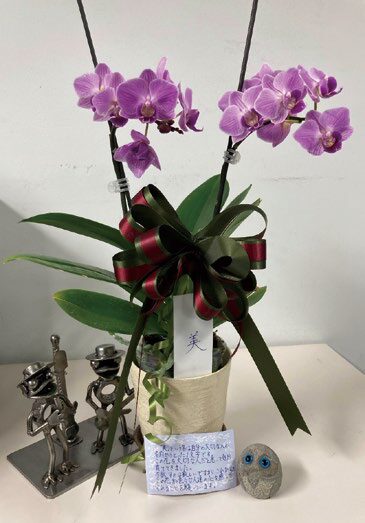
The boy decorates the flowers he has grown with ribbons and adds a message
Moreover, the dedication of the staff members who support these young people must not go unnoticed. After being released, many youths continue to call the staff. Facing discrimination and prejudice in society, they often find themselves struggling. By venting or receiving words of encouragement over the phone, they can keep going. While they are protected within the detention center, re-entering society exposes them to harsh realities. In such cases, their continued connection with the staff becomes a lifeline. Preventing isolation is essential for safeguarding the Inochi of these children.
However, the situation for children remains serious. According to the Children and Families Agency, the number of reported child abuse cases exceeded 210,000 in 2022, more than double the figure from a decade ago (cases handled by child consultation centers). Among developed countries, Japan has the highest suicide mortality rate among young people at 16.3%, according to a World Health Organization report from February 2023.
To address these challenges, the Japan Philanthropic Association has launched an agriculture–welfare collaboration project (Noufuku), where individuals with disabilities, social withdrawal, criminal records, or foreign nationalities engage in agriculture, revitalizing local farming communities suffering from a shortage of next-generation farmers and abandoned farmland. Through the revitalization of agriculture, this initiative aims to create regions that are kind to both people and the environment—places where children can grow up with hope for the future. The goal is to build regions where everyone has a place and a role by the year 2050.
Together with organizations like the Japan Philanthropic Association, the Inochi Forum will expand the circle of support, engaging companies’ social resources and employees, to build a society where everyone has a place and a role— playing our part in connecting and sustaining Inochi.
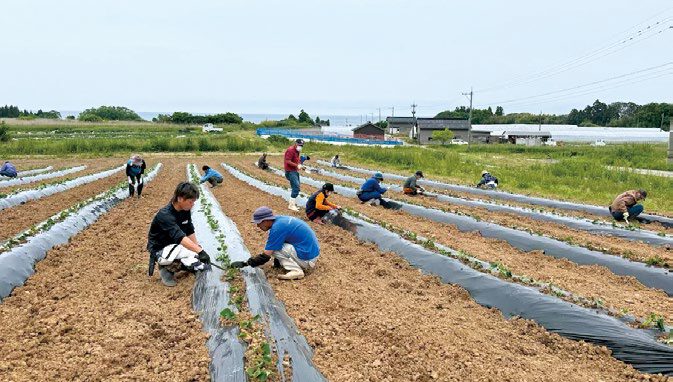
People with disabilities working alongside farmers
[References]
・Japan Philanthropic Association:
https://www.philanthropy.or.jp/
・Agriculture–Welfare Collaboration Projects for Creating a Symbiotic Society:
https://www.philanthropy.or.jp/noufuku/adopted
[Action Platform]
SDGs+Beyond
[SDGs]
